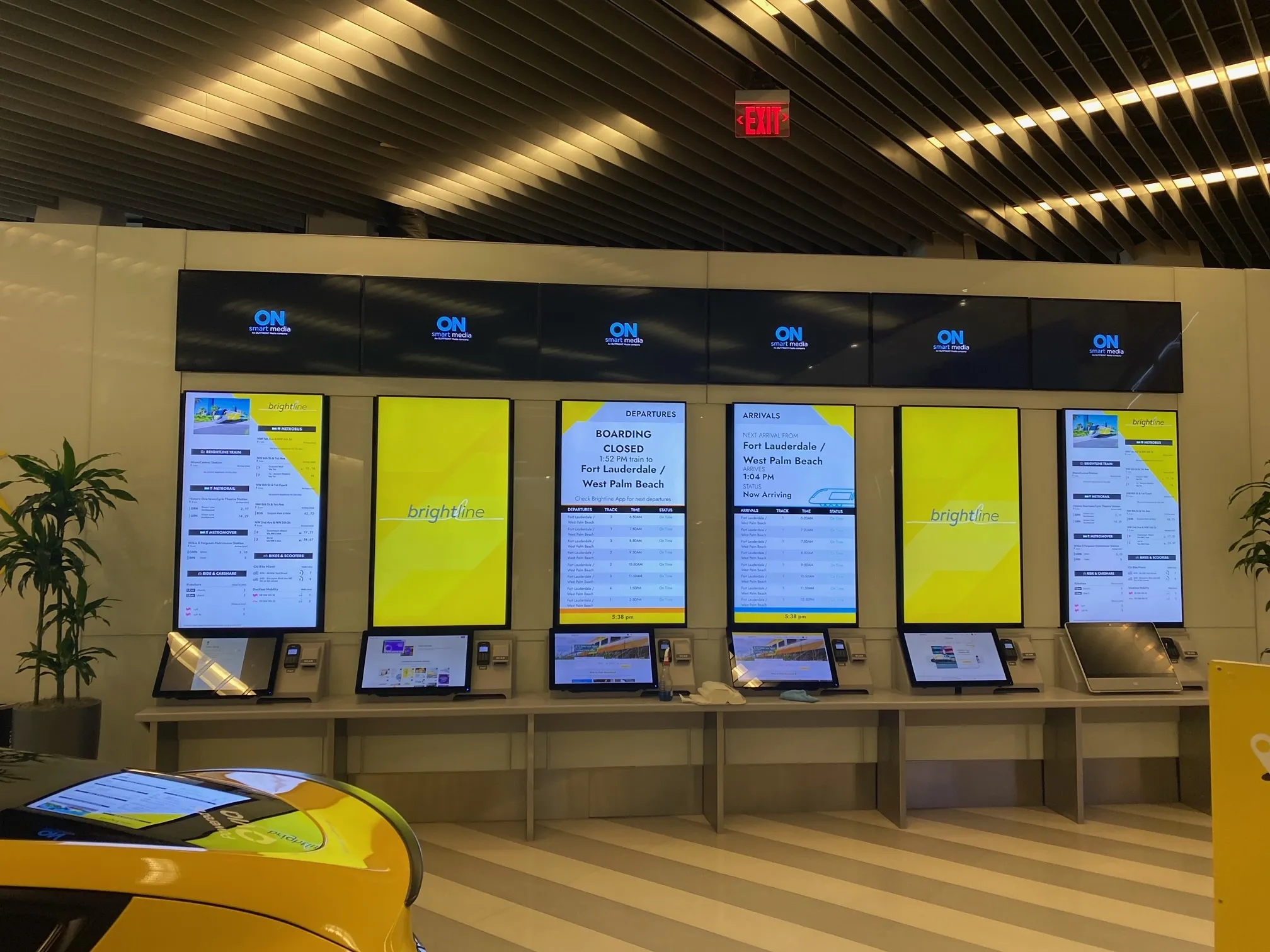Grab, which has merged with Uber in south-east Asia, offers services which use a variety of transport modes, from bicycles and shuttle buses to cars and taxis.
The companies say Toyota’s investment means they will also “strengthen and expand their existing collaboration in the area of connected cars, to drive the adoption of new mobility solutions across south-east Asia”.
Connected car services include telematics-based insurance, which “may reduce the cost of insurance premiums for safer Grab drivers”.
Shigeki Tomoyama, president of Toyota’s in-house Connected Car Company, said: “Going forward, together with Grab, we will develop services that are more attractive, safe and secure for our customers in south-east Asia.”
A Toyota executive will be appointed to Grab’s board of directors and “a dedicated Toyota team member will be seconded to Grab as an executive officer”, the companies added.
Grab’s current services include car and taxi services JustGrab and GrabShare.
It has also introduced GrabAssist, designed for people with limited mobility, with vehicles accommodating foldable wheelchairs, walkers and collapsible scooters.
Grab says its app has been downloaded into over 100 million mobile devices.
Toyota puts $1bn into ride-hailing service Grab
Toyota Motor Corporation is investing $1 billion in Grab Holdings, the Singapore-based ride-hailing platform provider.
Grab, which has merged with Uber in south-east Asia, offers services which use a variety of transport modes, from bicycles and shuttle buses to cars and taxis.
The companies say Toyota’s investment means they will also “strengthen and expand their existing collaboration in the area of connected cars, to drive the adoption of new mobility solutions across south-east Asia”.
June 15, 2018
Read time: 2 mins








